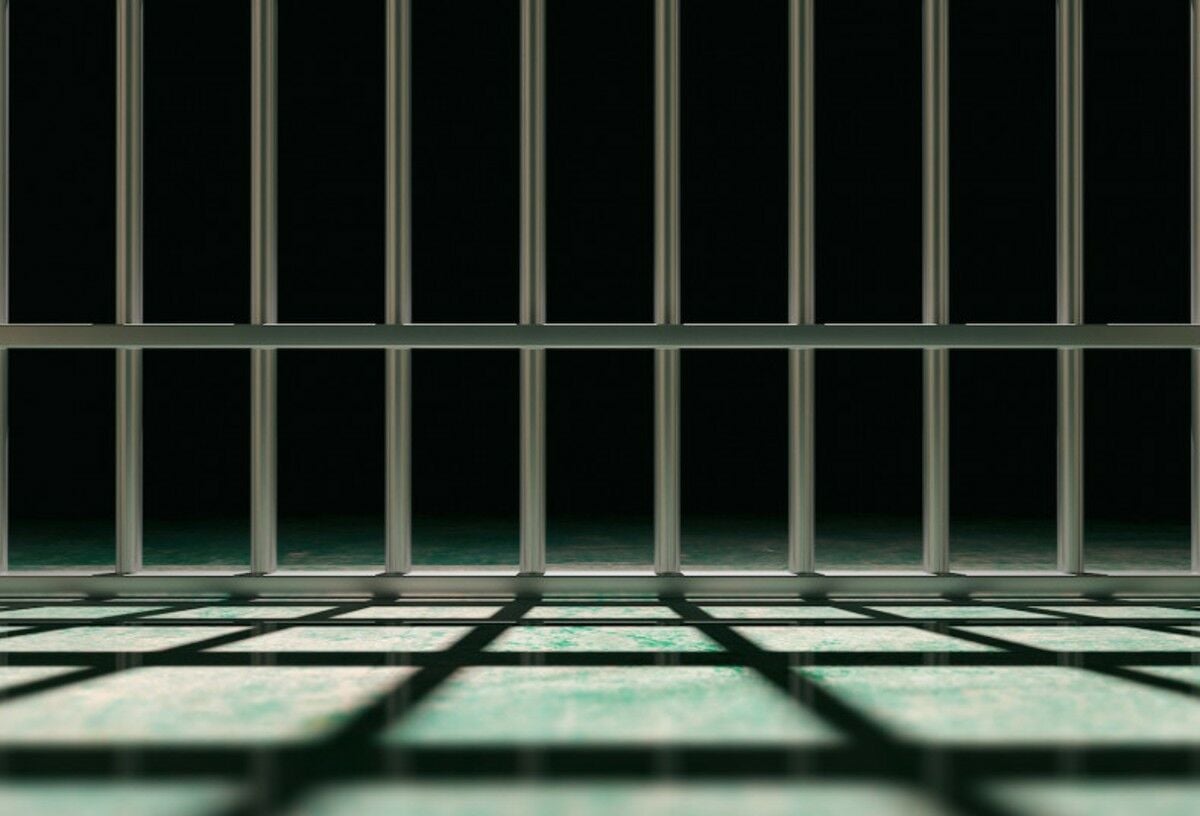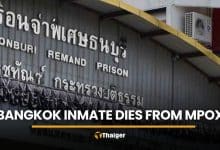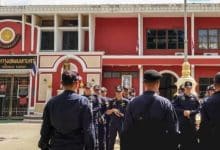New regulation allows convicts to serve time outside Thai prisons

Justice Minister Tawee Sodsong staunchly defended a new regulation permitting convicts to be detained outside of prison, addressing concerns that it might unfairly benefit former Prime Minister Yingluck Shinawatra. The Department of Corrections introduced this regulation to mitigate prison overcrowding, as the current system can only accommodate 150,000 to 160,000 inmates.
The current prison population in Thailand stands at approximately 220,000. Tawee described the regulation as an innovative solution, which also designates hospitals as detention facilities for sick inmates, aligning with Sections 33 and 34 of the 2017 Corrections Act. This Act mandates that alternative detention facilities should not be seen as offering undue convenience to inmates but should provide them with rehabilitation or career training.
Tawee firmly stated that the regulation is unrelated to Yingluck, who, on September 27, 2017, was sentenced in absentia to five years in prison by the Supreme Court’s Criminal Division for Persons Holding Political Positions for failing to prevent fraudulent and corrupt rice sales. Yingluck fled the country just before the court issued the sentence.
“The Ministry of Justice is not aware of any developments regarding reports of Yingluck’s alleged plan to seek a royal pardon.”
Guidelines and eligibility criteria for inmates who may be detained outside of prison have been formulated and will be reviewed by the Corrections Board, which includes representatives from the Office of Attorney-General, the courts of justice, and local officials. These guidelines do not specify the number of years an inmate must have left on their sentence to qualify for alternative detention. Each prison will assess inmates’ behaviour to make a decision.
Eligible candidates for alternative confinement might include sick inmates, those over 70 years old, or pregnant inmates. Tawee clarified that he was not responsible for drafting the criteria and that each prison would determine suitable locations for alternative detention facilities.
Former Democrat leader Jurin Laksanawisit demanded clarity on whether those convicted of corruption and malfeasance under Section 157 of the Criminal Code, such as Yingluck, would qualify under the new regulation.
“We need transparency to avoid further divisiveness caused by another convict receiving preferential treatment.”
Speculation has been rife that Yingluck might consider returning and submitting to the justice system, given the positive outcome for her brother, former premier Thaksin Shinawatra. Thaksin returned to Thailand last August after 15 years of self-exile, having fled the country in 2008 while on bail, reported Bangkok Post.
Latest Thailand News
Follow The Thaiger on Google News:


























